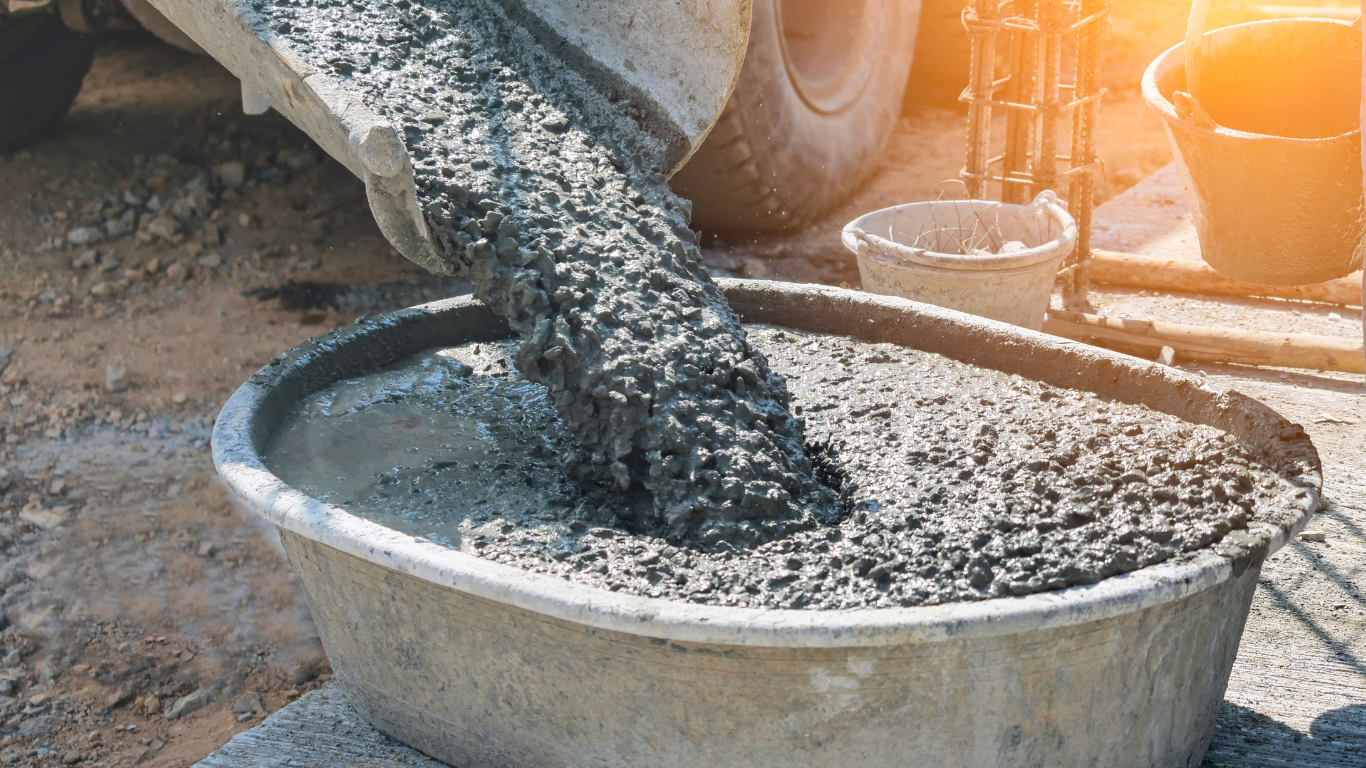Imagine a weekend warrior, armed with online tutorials and a can-do attitude, who decides to pour a concrete patio. A few weeks pass, and what was meant to be a smooth, level surface is now a costly, crumbled mess. This result is not an uncommon story in DIY concrete projects. While the appeal of saving money and the satisfaction of completing a project yourself are undeniable, concrete work is a field where professional expertise is not a luxury—it’s a necessity.
Why Is Concrete So Difficult to Work With?
Concrete is known for its strength and longevity, making it a popular choice for construction and remodeling. However, those same qualities can pose significant risks in DIY projects. A mixing, pouring, or finishing mistake can lead to structural weaknesses, unsightly blemishes, or even complete project failure. Furthermore, the costs of concrete work are not limited to the initial materials. The expense of rectifying errors can far exceed the original budget, making DIY attempts risky. Therefore, it’s always a good idea to trust a San Diego general contractor who also has extensive knowledge of concrete pouring.
How Steep Is the Concrete Learning Curve?
Concrete professionals spend years learning their craft. This expertise requires the physical skills of mixing and pouring and a solid grasp of how different concrete compositions behave. Professionals can ensure that the finished product is aesthetically pleasing and structurally sound, which takes years of experience to learn. In contrast, the learning curve for DIY enthusiasts is steep and fraught with potential for error, often leading to subpar results.
What Makes Concrete So Difficult to Work With?
The science of concrete is complex. Variables like temperature and humidity are crucial in how concrete mixes and sets. Each mixture behaves differently; understanding these nuances is essential for a successful pour. Professionals can quickly adjust their methods and materials to suit specific environmental conditions, ensuring the integrity and longevity of the concrete. This level of precision is difficult, if not impossible, for the average DIYer.
Are Concrete Mistakes Easily Repaired?
One of the most compelling reasons to avoid DIY concrete pouring is the challenge of rectification. Removing or repairing poured concrete is labor-intensive, time-consuming, and expensive. The process often involves specialized equipment to remove and haul the mess away. It’s a time-consuming and disruptive process. You can avoid these headaches and additional expenses by doing the job right the first time.
What Concrete Projects Are Suitable for DIY?
While it’s generally advisable to leave complex concrete projects to professionals, there are several concrete tasks that DIY enthusiasts can successfully undertake with proper preparation and research. Here are some examples:
- Concrete Planters: Making small concrete planters for gardens or indoor plants is a great DIY project. It involves mixing concrete and pouring it into molds, which can be as simple as existing containers or custom-made forms.
- Concrete Countertops: DIY concrete countertops can be a rewarding project for those looking to add a unique touch to their kitchen or bathroom. It involves building a mold, mixing and pouring concrete, and finishing the surface. It’s a more advanced project but doable with thorough research and careful planning.
- Concrete Repair: Simple repair work can be a good starting point, like filling small cracks in sidewalks or driveways. Many products are available specifically for this purpose, making it a relatively straightforward task to do it yourself.
- Decorative Concrete Steppingstones: Creating steppingstones is a fun and creative concrete project. You can use molds and add colors or decorative elements like pebbles or glass shards.
What Concrete Projects Should a DIY Fan Avoid?
DIY enthusiasts should generally avoid specific concrete projects due to their complexity, scale, or the high risk of costly mistakes. Here are some concrete tasks best left to professionals:
- Foundation Work: Any project involving the foundation of a house or structure is critical and should be handled by professionals. Incorrectly poured foundations can lead to serious structural issues.
- Large Slabs: Pouring large concrete slabs, such as for a driveway or a garage floor, requires expertise in leveling, reinforcement, and proper curing. Mistakes in these projects can be difficult and expensive to correct.
- Structural Elements: Projects that involve load-bearing concrete work, such as walls or support beams, should be professionally executed to ensure structural integrity.
- Elevated Concrete Work: Projects that require pouring concrete at a height, like a raised deck, involve complex formwork and are risky for construction and safety.
- Retaining Walls: Building concrete retaining walls requires knowledge about drainage, soil pressure, and proper reinforcement. Incorrectly built retaining walls can fail, causing damage and potential safety hazards.
- Complex Shapes or Designs: Concrete projects that involve curves, intricate designs, or complex forms demand a high level of skill to ensure the formwork is correct and the result as intended.
When deciding whether to undertake a concrete project, DIYers should assess their skill level and the potential consequences of a poorly executed job. In many cases, hiring a professional ensures a higher quality result. Plus, it can be more cost-effective when factoring in the potential for expensive errors and redoing work.
At Jeff Seals Remodeling, we understand the allure of tackling home improvement projects on your own. However, we strongly advise leaving it to the professionals when it comes to concrete work. With years of experience and a commitment to quality, our team ensures that your concrete projects are completed to the highest standards, saving you time, money, and stress in the long run. Don’t let your next project become a cautionary tale. Contact us today for a professional approach to your next concrete project.

